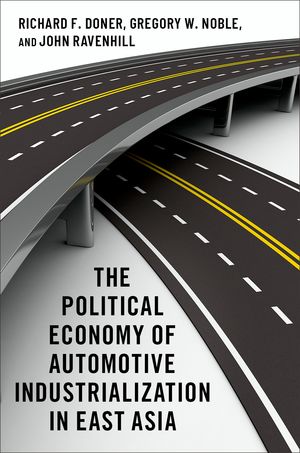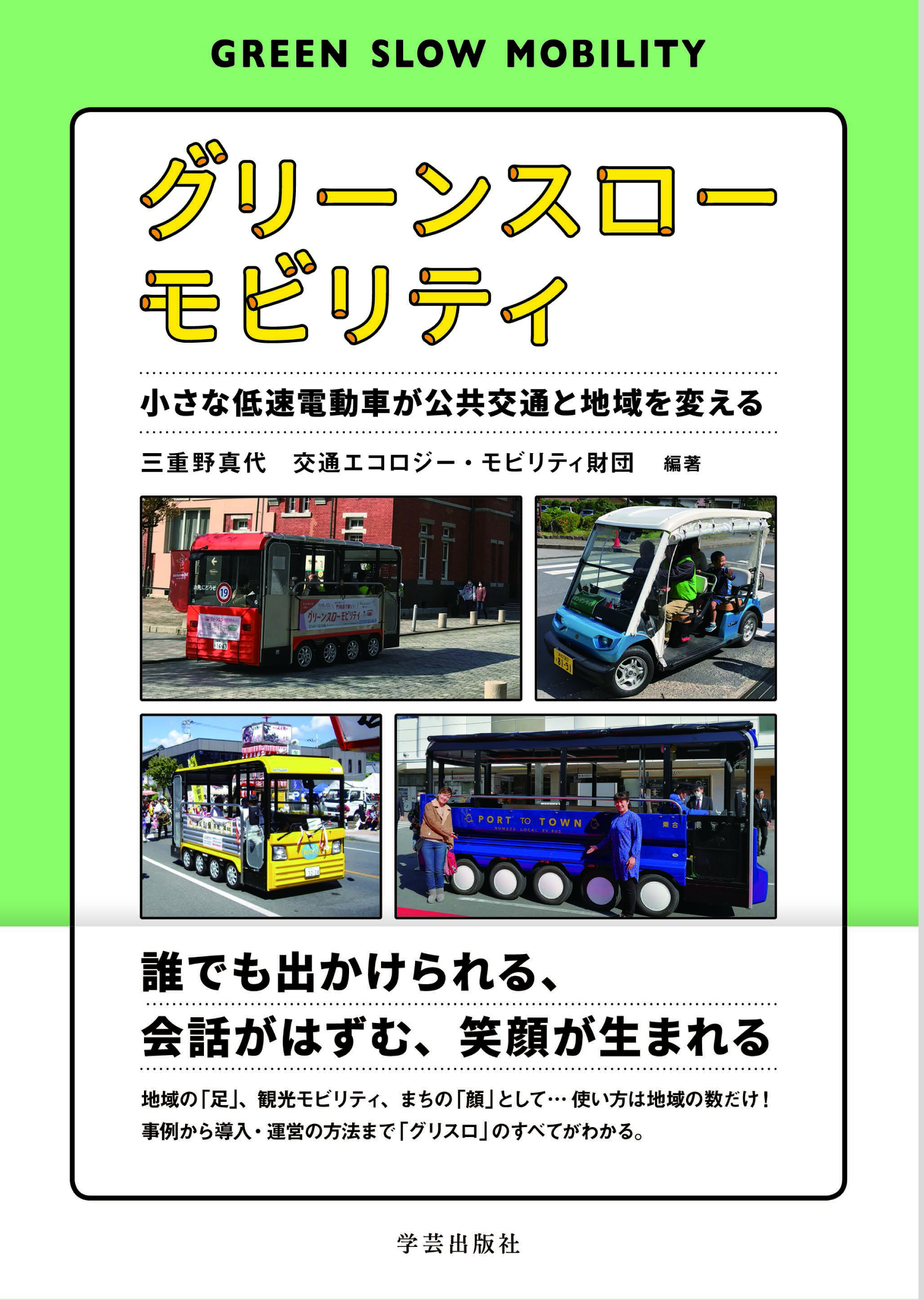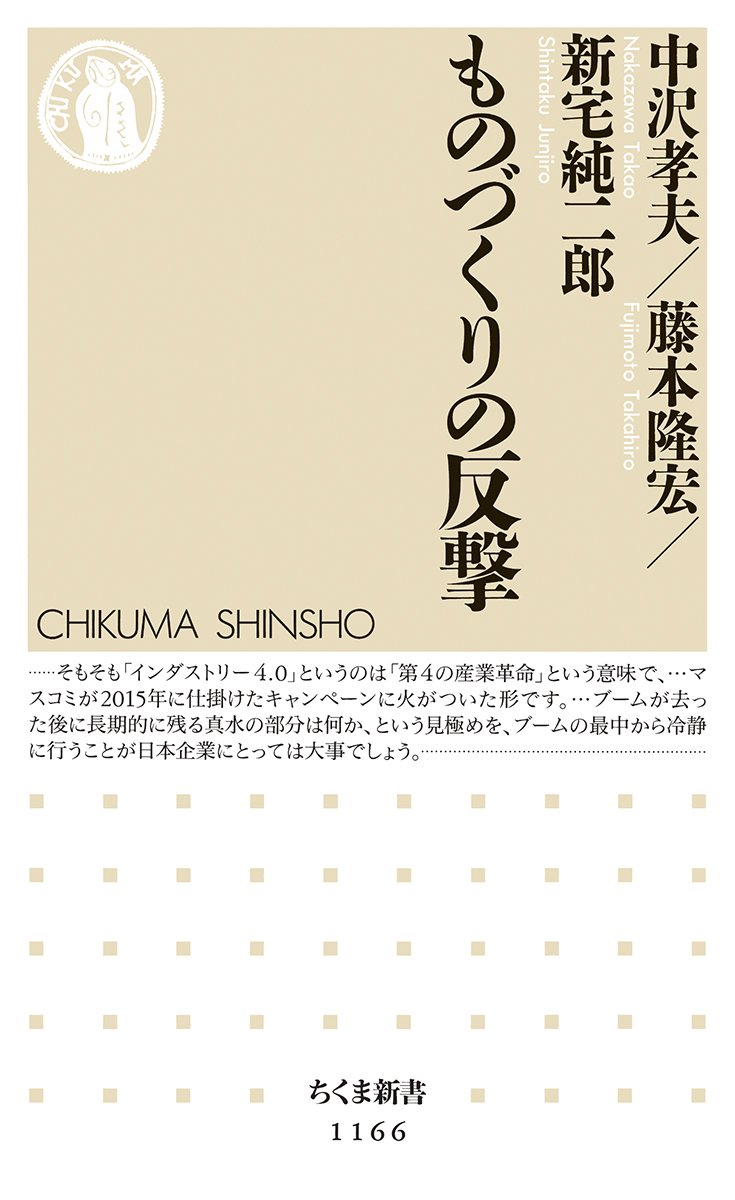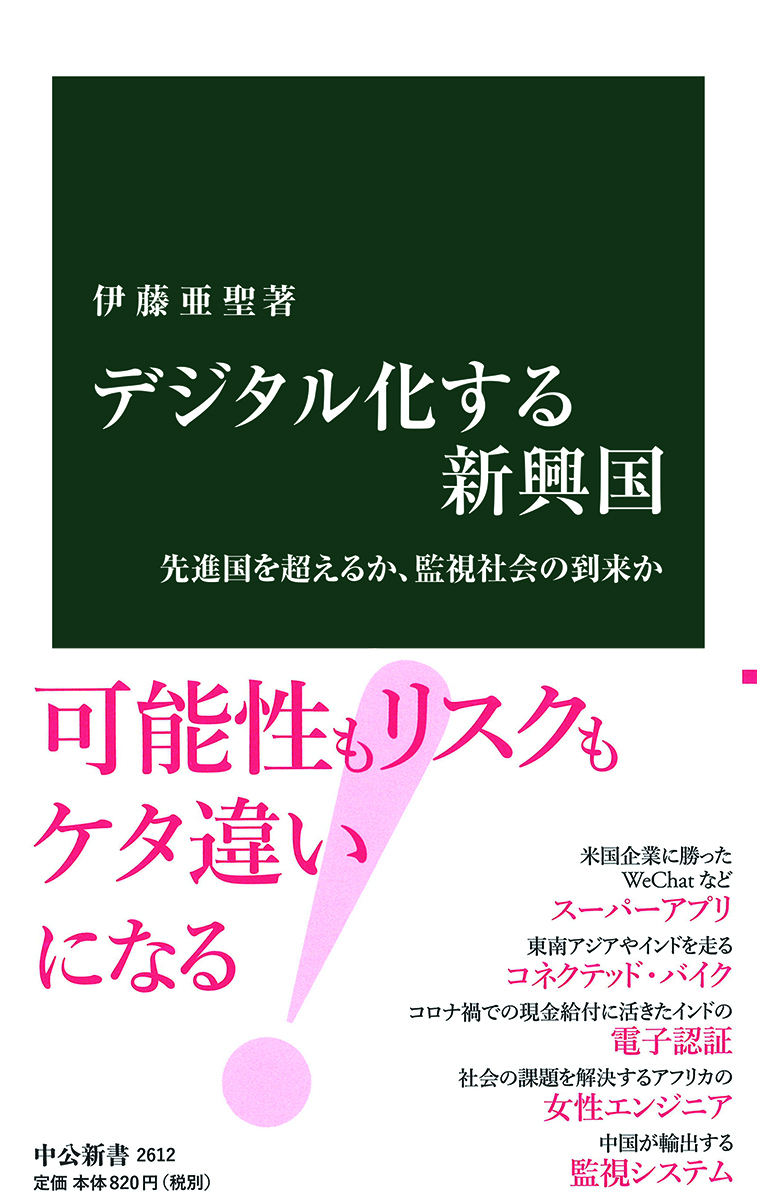
Title
The Political Economy of Automotive Industrialization in East Asia
Size
384 pages, hardcover
Language
English
Released
2021
ISBN
9780197520253
Published by
Oxford University Press
Book Info
See Book Availability at Library
The Political Economy of Automotive Industrialization in East Asia
Japanese Page
This book offers a political economy explanation for the striking cross-national differences in strategies and performance among East Asia’s automotive industries outside Japan. Some countries –South Korea, China, and Taiwan – have successfully pursued “intensive” growth strategies by increasing local value-added based on domestic inputs and technological competencies. Malaysia has attempted but failed to pursue this path. In contrast, Thailand has become a champion of “extensive” growth, relying on foreign assemblers and their suppliers to achieve an impressive expansion of production, assembly, and exports, but without markedly improving domestic capabilities. Latecomer Indonesia has followed Thailand with some success, whereas the Philippines has remained an automotive backwater. Through cross-case and within-case analyses of the seven countries, the book argues that variation is a function of the institutional and political contexts in which firms operate. Different strategies require different institutions and institutional capacities. Intensive development is especially institutionally demanding. Effective institutions emerge when political leaders face severe claims on resources (external security threats and domestic pressures for welfare improvement) in the absence of easily accessible revenues, such as natural resources, to satisfy such needs. Brief comparisons with Brazil, Mexico, and other developing countries confirm the utility of the analytic framework. This explanation is superior to neoclassical accounts. It is consistent with but provides more insight than other prominent approaches to development: national innovation systems, global value chains, and developmental states. New challenges facing auto assemblers and suppliers, such as the transition to electric and autonomous vehicles, will call heavily upon the institutional capacities highlighted in this book.
(Written by Gregory W. Noble, Professor, Institute of Social Science / 2022)
Table of Contents
1. Introduction
2. The Lure and Challenges of the Automobile Industry
3. Institutions, Politics, and Developmental Divergence
4. Thailand: Early Opening and Export Success
5. The Philippines and Indonesia: Extensive Development Arrested and Delayed
6. Korea: Successful Intensive Industrialization
7. Malaysia: How Intensive Development Strategies Fail in the Absence of Appropriate Institutions
8. China: Revamping Socialist Institutions for a Market Economy
9. Taiwan: Balancing Independent Assembly, MNCs, and Parts Promotion in a Small Market
10. Conclusion: Divergent Roads to Automotive Industrialization
References
Index
Related Info
Stephan Haggard and Thomas B. Pepinsky: Roundtable on Rick Doner, Gregory Noble, and John Ravenhill, The Political Economy of Automotive Industrialization in East Asia (“Journal of East Asian Studies” Nov 7, 2022)
https://doi.org/10.1017/jea.2022.22
Tham Siew Yean (“Journal of Southeast Asian Economies (JSEAE)” Volume 39, Number 2 August, 2022)
https://muse.jhu.edu/pub/70/article/870555/pdf
John Thoburn (“Journal of the Asia Pacific Economy” Volume 27, Issue 3 March 3, 2022)
https://www.tandfonline.com/doi/full/10.1080/13547860.2022.2041293
Book Launch:
The publication launch of the book was the subject of an international meeting of GERPISA (Le réseau international de l'automobile), Paris, October 15, 2021.
http://gerpisa.org/node/6572



 Find a book
Find a book





